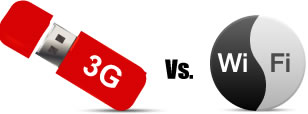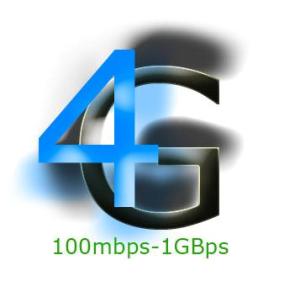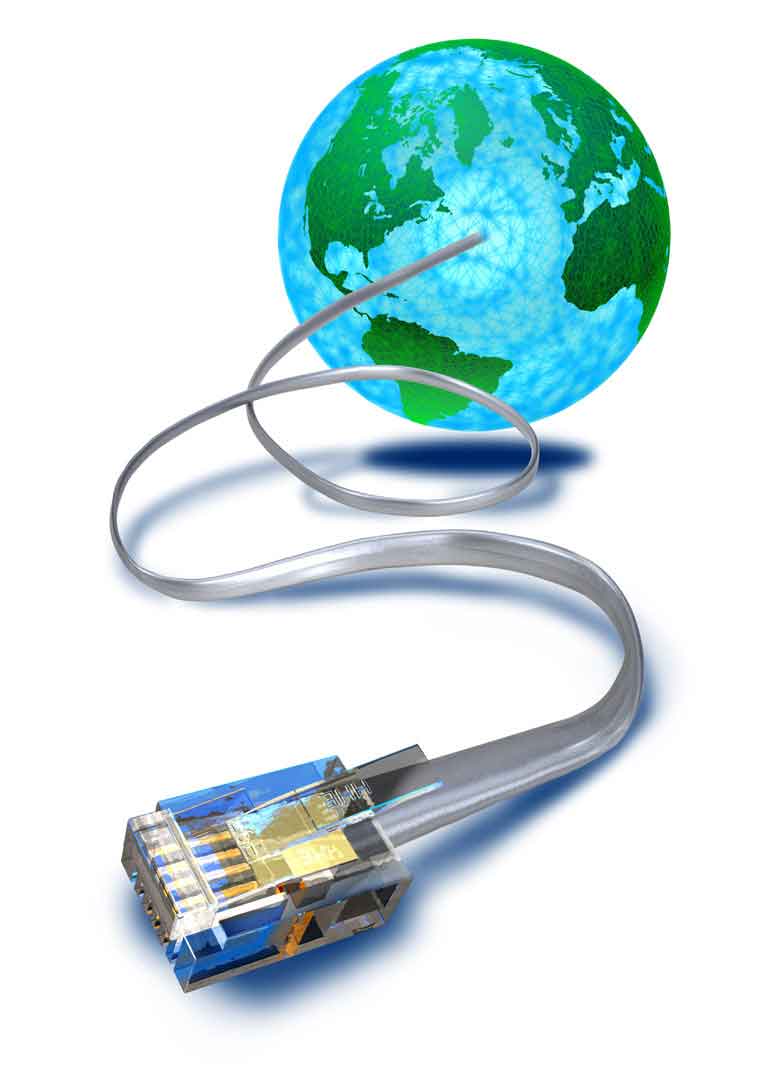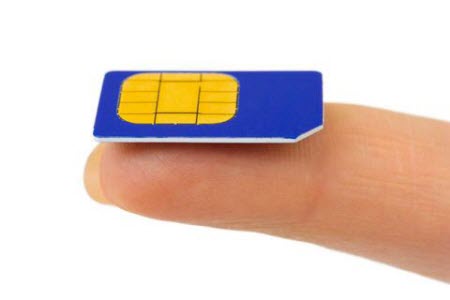Mobile Data Plans Now and in the Future

As I said in my previous article cell phones nowadays are becoming smarter. You can not only call and send SMSs to someone, but also write e-mails, watch online videos and socialize yourself. Of course all this is possible only if your smartphone is connected to the global web. Practically this is what a mobile data plan is – a plan, according to which you are granted with internet access by your mobile provider.
 Mobile internet became popular among the general public with the development of 3-rd generation (3G) technologies. Sounds great, right – being able to browse websites from the gadget in my pocket. But can’t I do this through Wi-Fi connection instead? Yes you can, as long as your phone has wlan chip, but there is one major difference between 3G and Wi-Fi – the range. The Wi-Fi signal is being transmitted by a router, most of the times, and then received by your mobile device. Sadly enough these routers have range from 50-100m or maximally 200m if it is really good. On the other side 3G, known also as the EDGE standard or HSPA standard, is being delivered directly from your mobile provider. In essence if you have mobile signal, you will have internet access. The result in figures is more than 90% coverage. Pretty beneficial for the users, who want to enter the global web not only from home or from the office but while being in the car or on the street as well.
Mobile internet became popular among the general public with the development of 3-rd generation (3G) technologies. Sounds great, right – being able to browse websites from the gadget in my pocket. But can’t I do this through Wi-Fi connection instead? Yes you can, as long as your phone has wlan chip, but there is one major difference between 3G and Wi-Fi – the range. The Wi-Fi signal is being transmitted by a router, most of the times, and then received by your mobile device. Sadly enough these routers have range from 50-100m or maximally 200m if it is really good. On the other side 3G, known also as the EDGE standard or HSPA standard, is being delivered directly from your mobile provider. In essence if you have mobile signal, you will have internet access. The result in figures is more than 90% coverage. Pretty beneficial for the users, who want to enter the global web not only from home or from the office but while being in the car or on the street as well.

Understandably technologies continue their rapid advance and new things like HD/HQ videos or online 3D games are developed. Higher-bandwidth connections are required in order everything to go smoothly. 3G offers decent data rate but it is nothing compared to the abilities of the newly presented 4G standard. If 3G offers theoretical download speed of 15Mbit/s then in 4G this speed is increased to the amazing 100Mbit/s. Moreover 4G nets are composed only from IP addresses in contrast to the 3G networks, made of circuits and packet switching.
 So far so good. Having mobile internet access almost everywhere and the high data speed makes the regular user more than satisfied. Respectively more users equal more profit for the carriers, but something else has be bared in mind. Higher data speed connectivity means that more information has to be delivered to the customers. If the abilities of the system, providing the signal, are not considered well enough all that might finish with unsustainable need of traffic. Such was the case of the Norwegian mobile operator Telenor – one of the first companies that supplied its clients with unlimited data plans. It seemed very convenient – you could do whatever you wanted on the web with no restrictions. Sure the end for Telenor was rather unpredicted and disastrous – overburden network and many disappointed customers.
So far so good. Having mobile internet access almost everywhere and the high data speed makes the regular user more than satisfied. Respectively more users equal more profit for the carriers, but something else has be bared in mind. Higher data speed connectivity means that more information has to be delivered to the customers. If the abilities of the system, providing the signal, are not considered well enough all that might finish with unsustainable need of traffic. Such was the case of the Norwegian mobile operator Telenor – one of the first companies that supplied its clients with unlimited data plans. It seemed very convenient – you could do whatever you wanted on the web with no restrictions. Sure the end for Telenor was rather unpredicted and disastrous – overburden network and many disappointed customers.
 This example leads to the question will there be unlimited data plans in the future? The answer is no, or if there are, they will be more expensive. Check the statistics below and you will understand why. The pace with which the mobile sector is growing is really stunning – if in 2010 there were 14 million users that use only mobile internet, in 2015 this figure will be 788 millions. Moreover did you know that in 2011 33% of the traffic of Facebook and 55% of the traffic of Twitter came from mobile devices? Take into account that it nowadays the “unsustainable data flow”, mentioned in the above paragraph is not formed only from social webs or site browsing and you might understand the scale of the picture. People use their smartphones as GPS navigators, for watching videos, listening internet radios, playing online games or downloading all kinds of apps. Talking about applications there are already limitations in some virtual stores. For example Apple AppStore advises (in future it may even oblige) its users to connect to Wi-Fi point and then download a program/game if it is larger than 20Mb.
This example leads to the question will there be unlimited data plans in the future? The answer is no, or if there are, they will be more expensive. Check the statistics below and you will understand why. The pace with which the mobile sector is growing is really stunning – if in 2010 there were 14 million users that use only mobile internet, in 2015 this figure will be 788 millions. Moreover did you know that in 2011 33% of the traffic of Facebook and 55% of the traffic of Twitter came from mobile devices? Take into account that it nowadays the “unsustainable data flow”, mentioned in the above paragraph is not formed only from social webs or site browsing and you might understand the scale of the picture. People use their smartphones as GPS navigators, for watching videos, listening internet radios, playing online games or downloading all kinds of apps. Talking about applications there are already limitations in some virtual stores. For example Apple AppStore advises (in future it may even oblige) its users to connect to Wi-Fi point and then download a program/game if it is larger than 20Mb.
Another probable precaution would be putting data caps to users who consume more data than the average. If this cap is surpassed the client goes on a much more expensive pricing scheme. Furthermore special mobile data plans are currently on offer – family or business plans. If a typical 4-membered family has 4 separate plans, each costing $15, some of them might exceed their limit and others might not reach even the half of it. A handy solution is a new general family data plan, costing 50$, where one big pack of data is available for all the members. As a result neither money nor megabytes will be wasted.
 A good question is what happens with the traffic distributors? Inevitably some of the changes I mentioned will be undertaken and the unlimited data plans will be forgotten in the name of better quality and reachability. In the mean time providers will try to earn as much profit as they can from the users. As long as 3G and 4G are considerably young, we are only about to witness some major changes in the mobile internet providing.
A good question is what happens with the traffic distributors? Inevitably some of the changes I mentioned will be undertaken and the unlimited data plans will be forgotten in the name of better quality and reachability. In the mean time providers will try to earn as much profit as they can from the users. As long as 3G and 4G are considerably young, we are only about to witness some major changes in the mobile internet providing.
